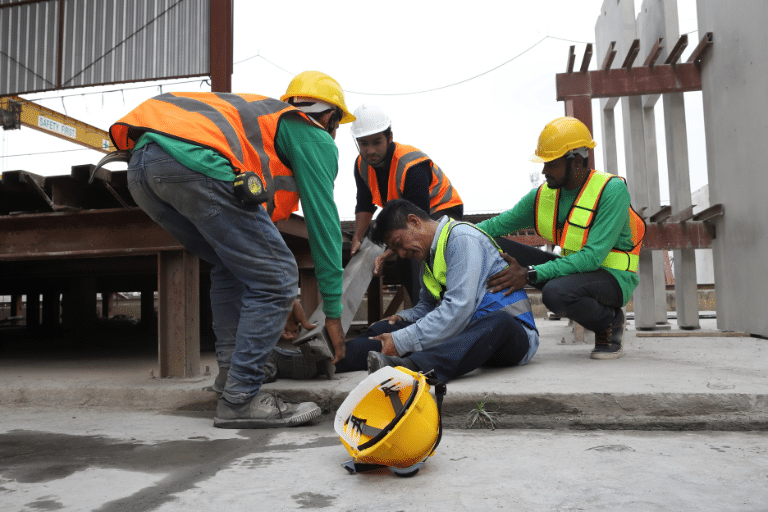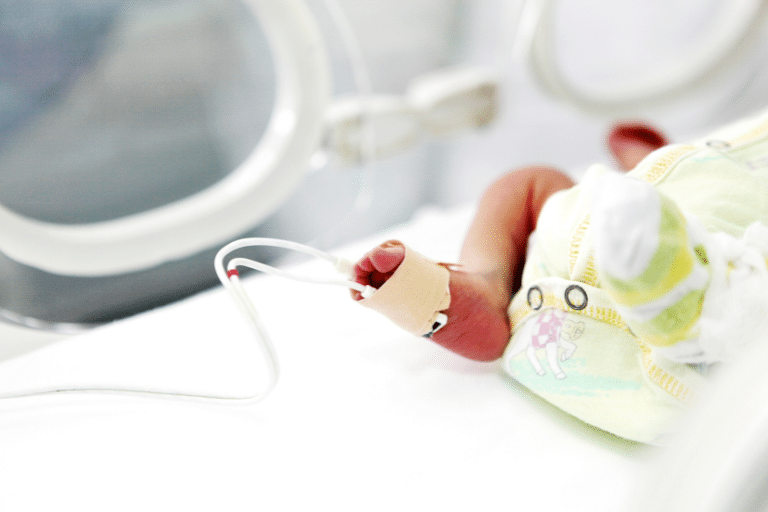Entering a loved one into a nursing home is a decision often made with careful consideration for their well-being and safety. However, when a family member is living with dementia, the vulnerability to potential abuse is a significant concern.
Dementia is a progressive condition that can affect memory, cognition and overall functioning. Individuals with dementia may struggle to communicate effectively or comprehend their surroundings, making them particularly susceptible to abuse in care facilities. Recognizing this vulnerability is crucial for families entrusting the care of their loved ones to nursing homes.
Signs of abuse in nursing home patients
- Changes in behavior: Watch for sudden shifts in behavior, such as increased agitation, withdrawal, or fear. Unexplained mood swings can be indicative of emotional distress.
- Physical signs: Bruises, unexplained injuries or signs of restraint may suggest physical abuse. Dementia patients may be unable to articulate their pain, making it essential to carefully monitor their physical well-being.
- Neglect indicators: Poor hygiene, malnutrition or dehydration can result from neglect. Pay attention to the overall cleanliness and appearance of your loved one and the living environment.
- Financial exploitation: Dementia patients are often targeted for financial exploitation. Keep a close eye on financial transactions and be wary of any unexplained changes in assets or property.
Nursing home abuse preventative measures
Here are some things you can do to prevent nursing home abuse in dementia patients:
- Thorough research: Prioritize nursing homes with a reputation for quality dementia care. Research reviews, talk to current residents and their families and visit the facility to assess its environment.
- Communication: Establish open lines of communication with the nursing home staff. Regularly check in on your loved one’s well-being and inquire about their experiences and any concerns they may have.
- Educate staff: Ensure that the nursing home staff is trained in handling dementia patients. Proper education can help prevent misunderstandings and reduce the risk of abuse.
- Legal documentation: Clearly outline your expectations for care in legal documents, including advance directives and powers of attorney. This can provide a framework for ensuring your loved one’s rights are upheld.
Legal recourse for nursing home abuse
If abuse is suspected, taking swift action is crucial. Keep detailed records of any signs of abuse, including photographs, medical reports and witness statements. Then report the abuse to the appropriate authorities, such as Adult Protective Services or local law enforcement.
Finally, call the Law Offices of Tim Misny to understand your rights and explore potential legal actions against the nursing home.
Talk to an Ohio nursing home abuse attorney today
Has your loved one been abused at their nursing home? I’ll Make Them Pay!® Call my office at 800-556-4769 today to discuss your claim.








